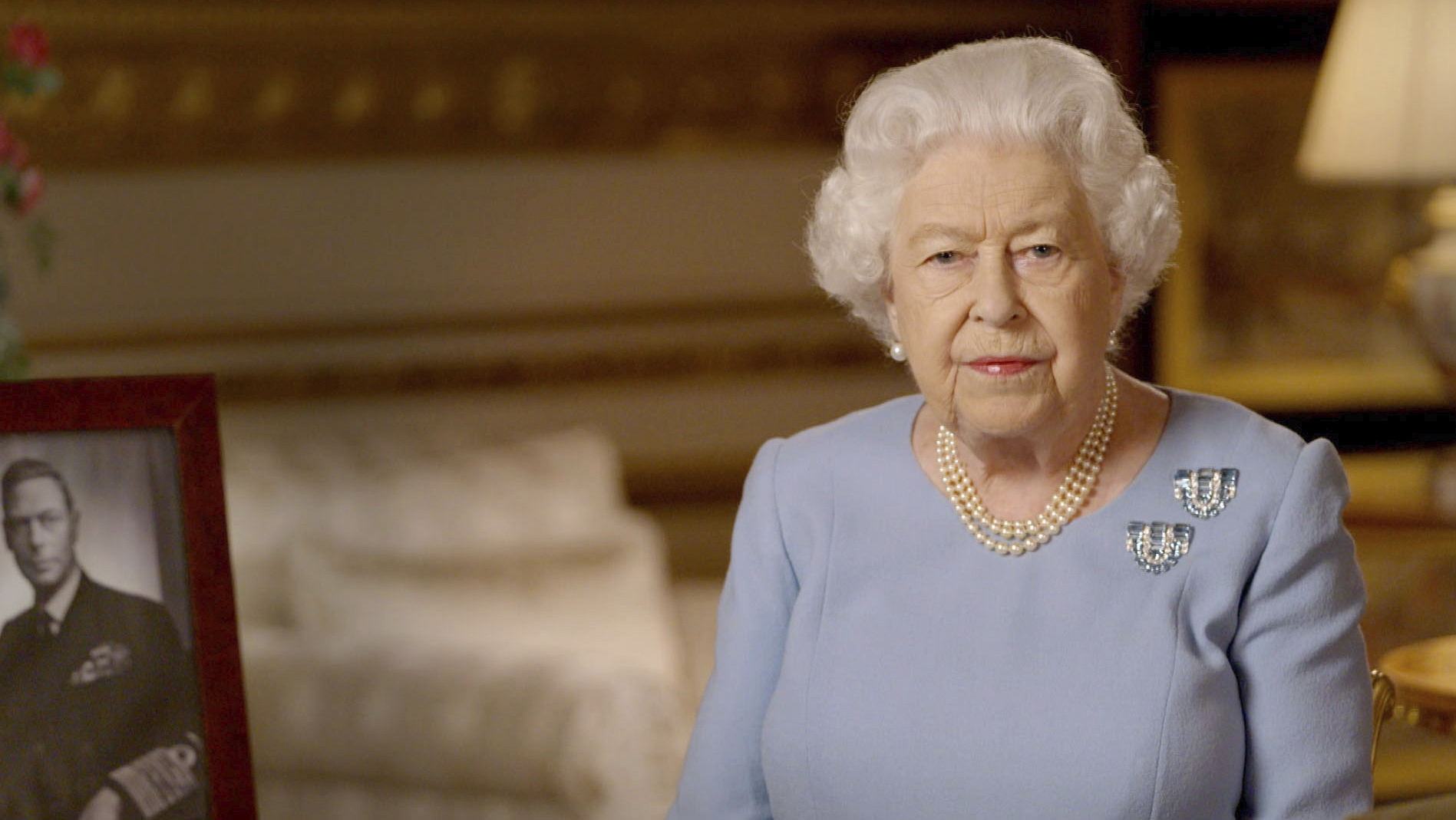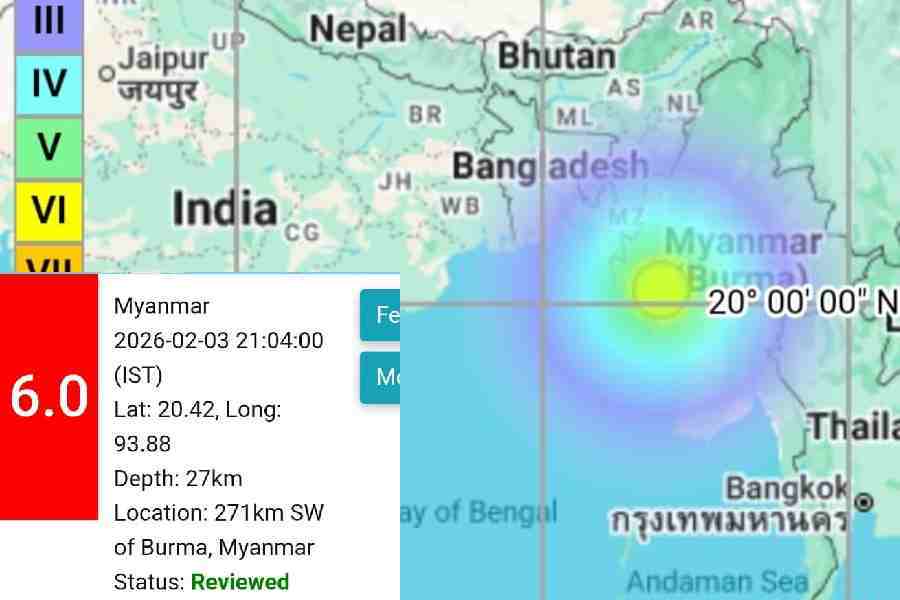Events to mark the 75th anniversary of “Victory in Europe (VE) Day”, when Britain and her allies accepted the unconditional surrender of Nazi Germany, culminated in an address by the Queen who encouraged a nation in lockdown: “Never give up, never despair — that was the message of VE Day.”
Since her message was broadcast at 9pm on Friday, 8 May, 2020, she began by pointing out: “I speak to you today at the same hour as my father did, exactly 75 years ago.”
Her address was preceded by the sound of Big Ben, the clipped voice of announcer, “This is London, His Majesty King George VI,” and black and white footage of the King as he urged his subjects: “Let us remember the men and all the services, of the women and all the services who have laid down their lives… they are not with us at the moment of our rejoicing.”
On VE Day this year, however, there was a widespread feeling that the contribution of Indians to allied victory was remembered only by Indians.
The Indian origin historian Kusoom Vadgama bluntly told The Telegraph: “I am glued to the media but no one has mentioned the contribution from India — Pakistan included. I have no words to mention this lack of gratitude. One would think that the Indian soldiers did not join the armed forces. What an insult to India. It is always assumed that Britain alone won the war.”
A total of 2.5 million Indian soldiers enlisted for Britain in World War II. They served in the North African campaign against the Germans, in Eritrea and Abyssinia against the Italians; in West Asia, Iran and Iraq; in the Far East; in Italy, where they took part in some of the bloodiest fighting at the siege of Monte Cassino and elsewhere. By the end of the war, 36,092 Indians were killed or missing, 64,350 were wounded and 79,489 taken prisoner.
The Queen, who was 19 on VE Day and is now a much loved and respected great grandmother of 94, said: “Many people laid down their lives in that terrible conflict. They fought so we could live in peace, at home and abroad. They died so we could live as free people in a world of free nations. They risked all so our families and neighbourhoods could be safe. We should and will remember them.”
She did thank overseas forces: “As I now reflect on my father’s words and the joyous celebrations, which some of us experienced first-hand, I am thankful for the strength and courage that the United Kingdom, the Commonwealth and all our allies displayed.”
She also referred to the pandemic as she said: “Today it may seem hard that we cannot mark this special anniversary as we would wish. Instead, we remember from our homes and our doorsteps. But our streets are not empty; they are filled with the love and the care that we have for each other.
“And when I look at our country today, … I say with pride that we are still a nation those brave soldiers, sailors and airmen would recognise and admire.”
There is an obvious parallel with contemporary times when a number of Indian doctors and nurses have died during the coronavirus pandemic in the equally devoted service of the NHS.
An Indian origin peer was more measured in his remarks as he told The Telegraph that the sacrifices of Indian soldiers in World War II was “not completely forgotten but a constant effort is required to properly recognise ‘the gift of India’ and to ‘remember the blood of thy martyred sons’,” (thereby referencing Sarojini Naidu’s poem).
He pointed out that a local newspaper in Windsor has just highlighted the tale of Sergeant Mohammad Hussain, 96, who had run away from home to join the British army, keeping up a tradition going back to his great grandfather.
“As the machine gunner on an armoured car, (he fought) in Italy at the ferocious Battle of Monte Cassino,” the paper reported.
“He remembers with amusement getting a job as a security guard — especially when he put on his uniform. “‘I heard someone say, ‘Bloody blackie in a British uniform’. I said, ‘You did not bother when I wore a British uniform in Italy — look, medals’.”










